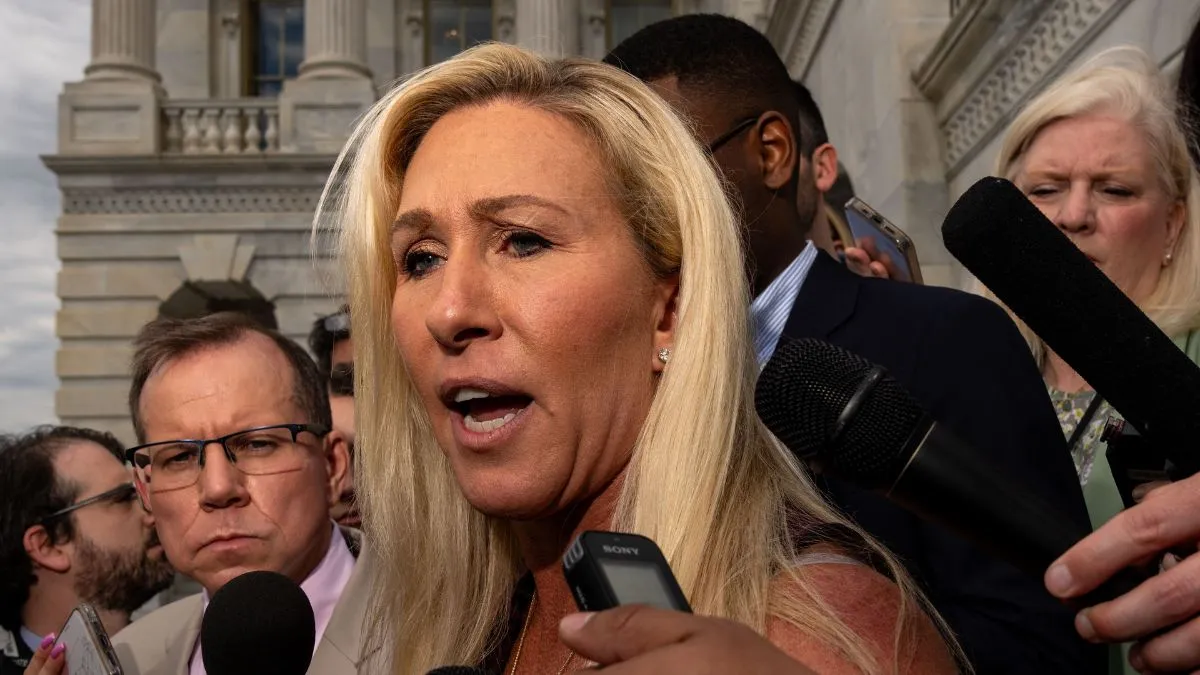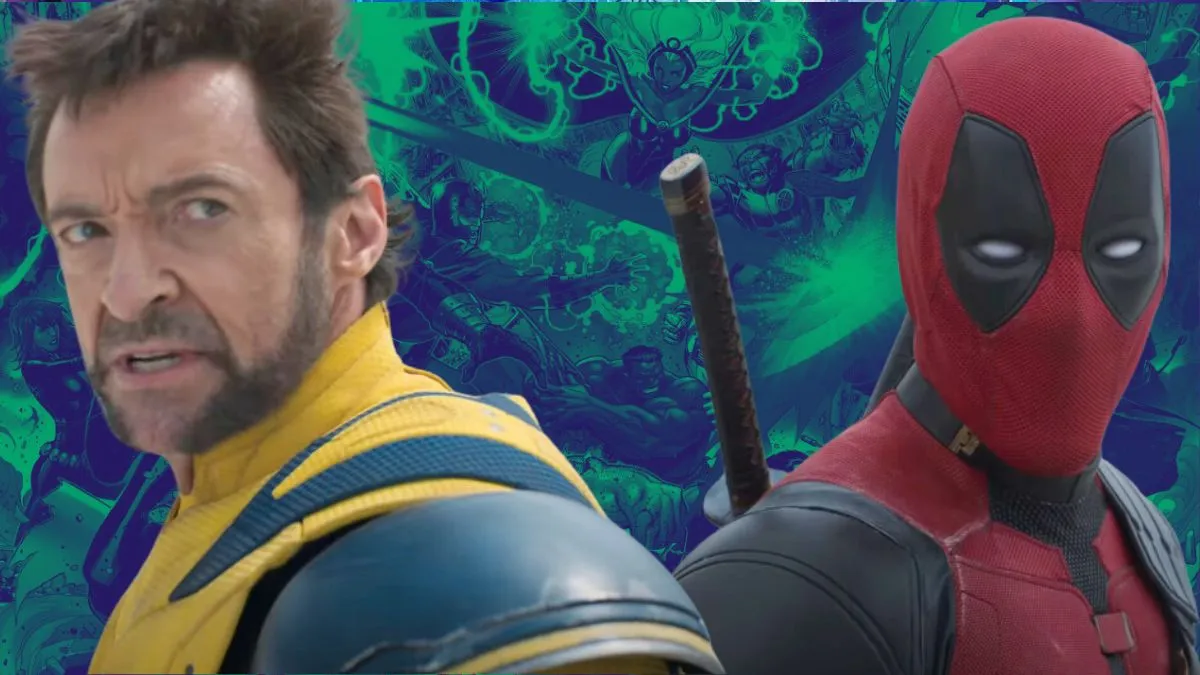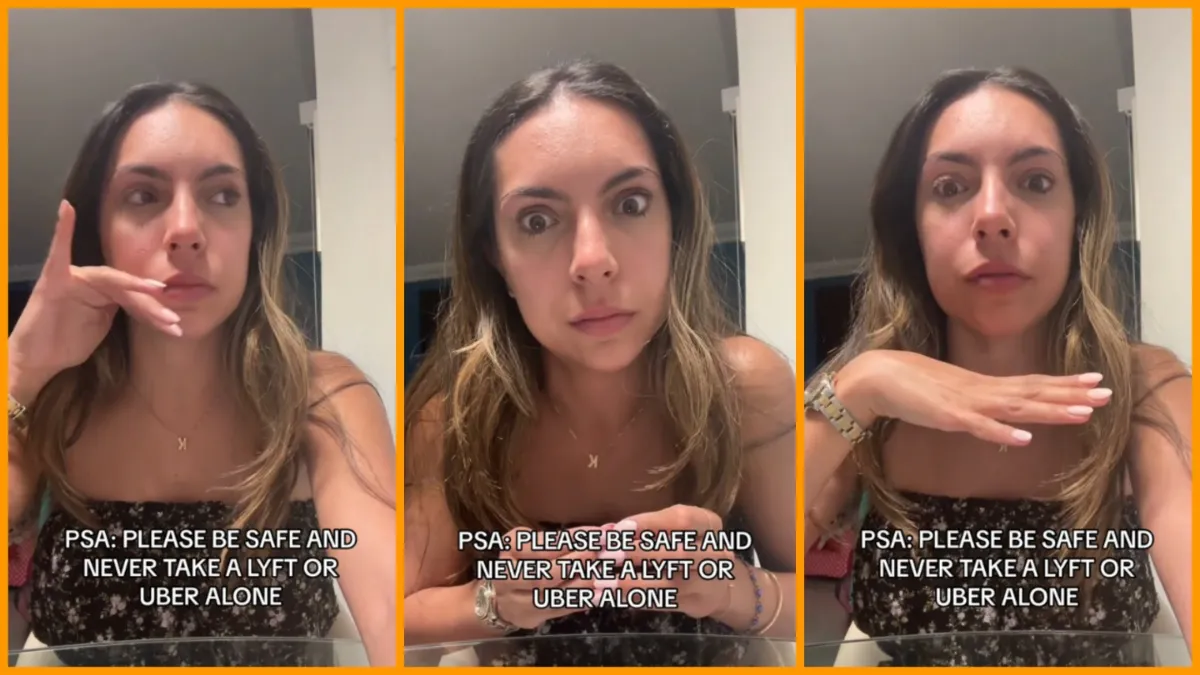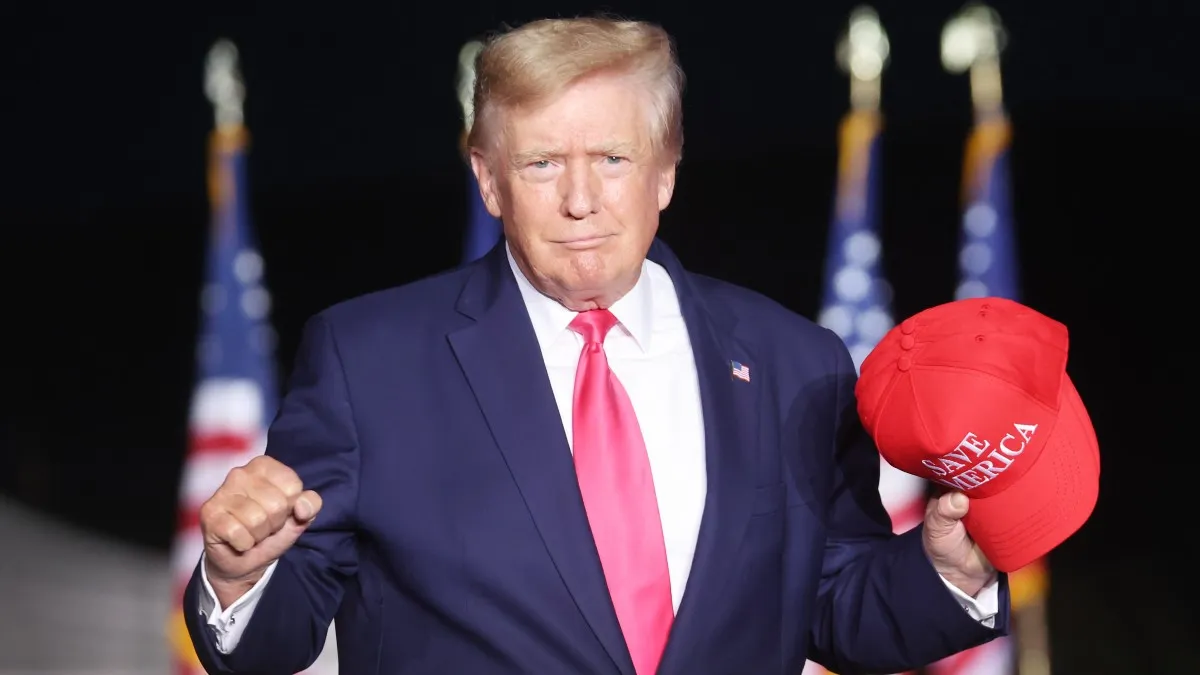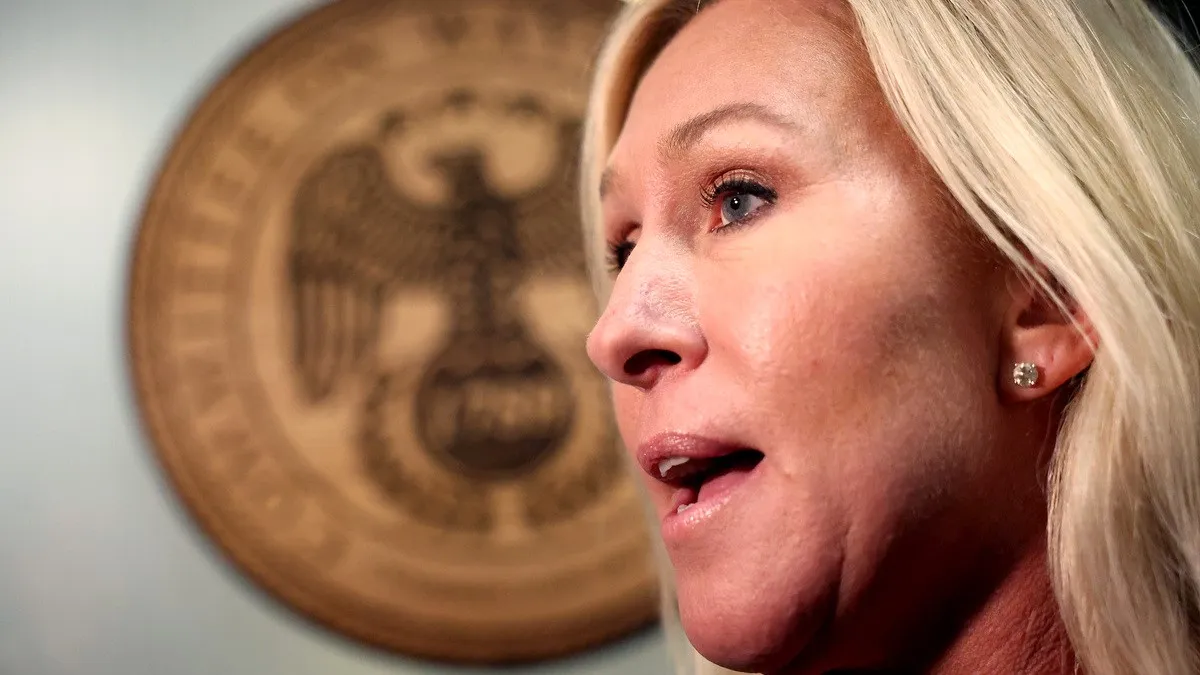David Farr knows a thing or two about episodic espionage, having been part of the writing team on BBC spy thriller Spooks between the fourth and ninth seasons, while he also penned the entirety of multiple Golden Globe and Primetime Emmy winner The Night Manager, as well as “Impossible Planet”, the subterfuge-fueled second installment of anthology effort Philip K. Dick’s Electric Dreams.
However, he’s dedicated a good part of the last decade to Hanna, writing the screenplay for Joe Wright’s acclaimed 2011 action thriller before adapting the movie into a TV series, which has become one of the most popular originals on Prime Video during its three-season run.
The third and final batch of episodes come to streaming on Wednesday, and ahead of Hanna‘s conclusion We Got This Covered had the chance to speak to Farr about the end of the show, whether he could have continued on past Season 3, and how he feels about leaving the world behind after ten years, which you can check out below.

There must be mixed emotions on your part, saying goodbye to Hanna with the final season, ten years after the movie that inspired the series?
David Farr: Yeah, it’s very odd. It’s very satisfying primarily I have to say, because when Tom Cohen, the executive producer, and I decided to try and make a television series, the whole idea was that we were trying to make a three-season story that would properly tell Hanna’s coming-of-age, you know? That was it, that was the reason to do it, right? The movie was fantastic, very cinematic, but it didn’t delve into the character in depth. And it didn’t explore, really, where she came from and why. And so, we kind of knew we wanted to do a three-season thing that would really interrogate that, and really explore it, and tell that story.
And you never know whether you’ll be allowed to do it. And so to get to the end, and I think fully and satisfyingly resolve all the questions that are in/will be in viewers’ heads, does just feel good. But at the same time, yeah, it’s weird and slightly sort of sad to feel that those characters are going to just, you know, disappear into the history books. But that’s the nature of things, and then there are other stories to tell.
You’ve always said that three seasons was the plan. Would you look at Hanna as a sort of three-act play, with Season 1 a cat-and-mouse chase, Season 2 a jailbreak story/paranoid thriller, and Season 3 as a strange generational family drama?
David Farr: I mean, I think that’s really, really well put, but I don’t think of it in that way. But I like your reading. I take it, I think of it as Season 1; Hanna’s negotiating childhood and how the things your parents tell you aren’t necessarily true. In her case, of course, in a very extreme way, because of what Erik [Heller, Joel Kinnaman’s character from Season 1] really is, and the secrets that he’d holding from her.
Season 2 is, for me, adolescence, and the experience of not knowing who you belong to, not trusting anyone, hating yourself, hating everybody else, not being at piece with your soul. And she comes through that. And I think Clara is very, very important in that for her. And Season 3 for me is about her truly becoming an adult and understanding that for the first time. She’s not just thinking about herself and who she is. She’s thinking about other people. She’s thinking about this young man that she meets and falls rather in love with, and all of the problems he’s got and all the responsibilities he has, which I don’t want to spoil too much. And she has to negotiate that she’s thinking about Marissa, who up until now has protected her 100%. But she’s suddenly vulnerable, and she doesn’t understand why. And again, we don’t want to spoil that one.
And she’s also responsible, she suddenly realizes for a whole generation of young people who UTRAX are threatening, effectively, with this program. This terrifying, dystopian program, which aims to predictively punish the young for having radical ideas, which I think is very politically relevant right now. So for me, that was how I thought of it. But I like your reading just as much!

Did you always know what the end point of Hanna was going to be? Even though you’ve been taking things on a season-by-season basis, it hasn’t really been a show that’s relied on cliffhangers or setting things up for what’s to come.
David Farr: Yeah, I think I always knew in theory, vaguely, where I would go. I mean, there’s things that change on the way in, but it’s not so much the plot, it’s more the emphasis. So, I think the fact that Esmé, who joined us when she was very young, and she really was still ‘a girl’ in speech marks, who was 17 and young, she hadn’t really done much before. Now, she’s this highly articulate, very political young woman, you know, and a complete political consciousness in her own right. She’s going to go off and do amazing things, and she’ll probably direct stuff.
And so that affected, I think, the way I thought about the character and the way in which I wanted there to be this very strong, politically conscious element to Season 3, which I probably pushed farther than I would naturally have done. So, although the ideas were sort of there about this big organization and this very dark plan, if you like, the way in which we’ve inflected that I think has been affected along the way. Pretty much by her!
Did the pandemic affect your plans at all, in terms of the creative process, given that Hanna’s an international production that shoots in multiple different countries?
David Farr: It was a challenge, not something that I felt I had to… I wasn’t the one facing up to it. It was very much the producers, who deserve huge credit, and the directors led by Sacha Polak, who is the most wonderful, wonderful director, because they really were having to deal with a lot of complexity. We still managed, extraordinarily, to shoot in different countries, which is a huge credit to the guys who managed, who were in charge of the whole thing. But there were definitely limitations placed.
I personally don’t feel, thankfully, that you see too much of those problems on the screen. And I wouldn’t want to go on about it too much, because I think we’re very proud of the show. And we don’t want to make excuses for it, but it is a great credit to everyone. And particularly, I think the actors as well, because what we do know is that the conditions are just tougher. Everyone knows that the conditions have been tough the last two years.
However, I always like to say that there are people in much worse situations than us. We were able to work, we were able to make money, we were able to do our job, and do what we love doing under difficult conditions, but we could do it. And there are lots of people who haven’t had that luxury. So I think we all feel a bit blessed in that regard.

During your writing process, was your work from Season 1 onward influenced by the performances of the cast and what they bring to their characters, because everyone’s brilliant in their roles?
David Farr: Yeah, 100%. I mean, I can give one very clear example because I’d like to talk about it, which is Mireille Enos. I knew she was a fantastic actress, and then I got to know her, and I realized the depths that she can explore, and that she’s very phenomenally brave. She’s incredible at action, and one of the things I felt in Season 2, I felt like she has a role to play. It’s an important role, but it’s not taxing her as an actress in the way that she can be, and enjoys being. So in Season 3, it felt like an absolute duty that I should put her through hell, and make her really explore much, much more interesting, dark, psychological terrain.
That’s something I kind of vaguely had a story idea in my head, but I just… knowing she was there and hungry to attack somewhat darker material meant that I was able to really explore it. I think it is a symbiotic relationship between performer and writer when you start doing a longer, long-term show. Because it’s inevitable, you know, you become influenced by the way in which the actor is developing, or where they’re taking you. And you know, for me, it’s both of those. It’s been that sort of journey and that sort of experience.
That concludes our interview with David Farr. Season 3 of Hanna comes to Prime Video this coming Wednesday, November 24, and you can also check out our interviews with stars Ray Liotta and Dermot Mulroney.


